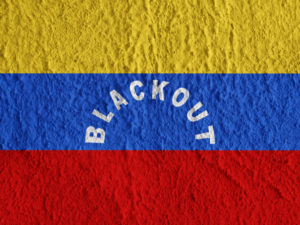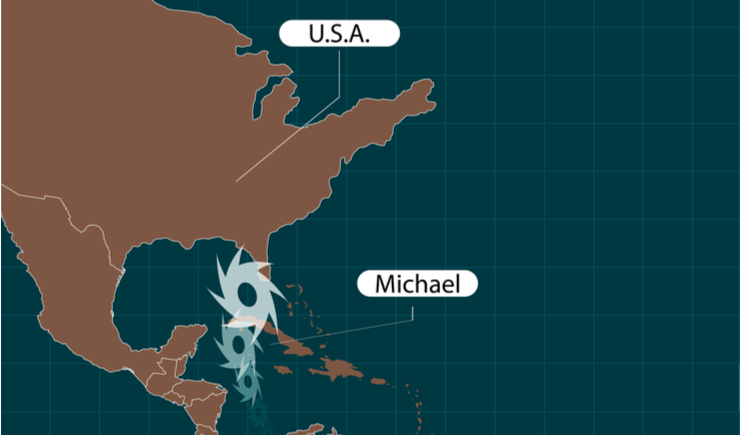
Rolling blackouts have plagued Venezuela’s capital, Caracas, since February, and longer blackouts have been the norm more recently. The government and even Russia have blamed the blackouts on a cyber-attack by the United States, but the Wall Street Journal’s Ryan Dube reports that the problem has more to do with the brain drain happening at the country’s power company. He writes:
President Nicolás Maduro’s government convened an urgent meeting of 12 technicians in February 2016 at the giant El Guri hydroelectric complex after rolling blackouts had hit Venezuela.
Despite the presence of three agents from the feared secret police, a few technicians summoned the courage to tell the electricity minister that they would need to reduce power generation to avoid long-term damage.
“He didn’t care about that,” an electrical engineer who was present said. “They weren’t making technical decisions, but political ones. From then on, we all tried to leave the company.”
The blackout that plunged Venezuela into darkness for days this month shows how little has changed—and much has gotten worse—in the intervening years, as the country’s state electricity company Corpoelec suffers from a brain drain of experts, a lack of maintenance and years of rampant corruption.
Hundreds of technicians have fled the country. Some fear being jailed, recounting how officials in Mr. Maduro’s authoritarian regime were known to insult employees and blame any problems on sabotage. Virtually all the technicians who left recently had struggled to feed their families on a $10-a-month wage as the world’s highest inflation wiped out savings.
Read more from Dube here.
One of the many problems with Socialism is that it gives no incentive to the best and brightest to work hard, or to even remain in their jobs. The government’s policies drive away its most productive citizens, creating a deficit of knowledge that hurts the poor more than inequality ever could.



